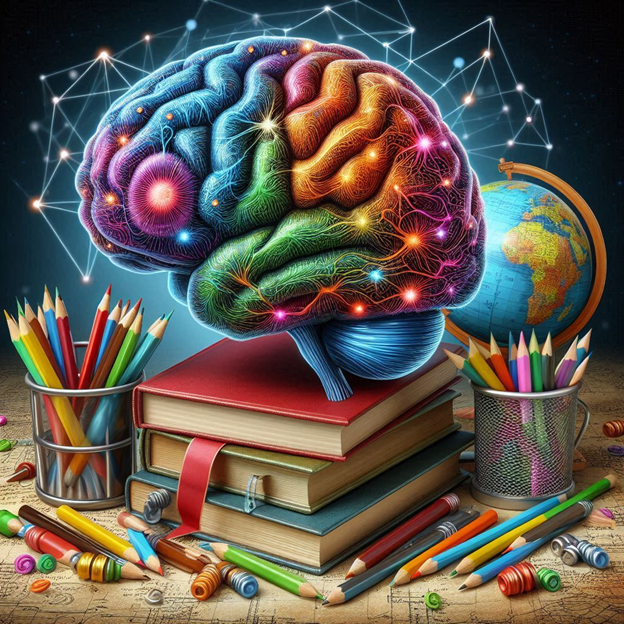Learning how our brains absorb information is a fascinating journey into the world of neuroscience. By exploring the mechanisms behind learning and Memory, we can develop more effective study habits and improve educational outcomes. In this blog, we will overview the science of learning and discuss some practical tips to enhance your study routine. Rely on our top-notch neuroscience Homework help services to master complex concepts with ease
The Neuroscience of Learning
At the beginning of learning, the brain forms and strengthens connections between neurons. These connections are generally known as synapses, where the miracle happens. Your brain forms new synaptic connections when you learn or grab something new. These connections become stronger when you practice or review the information on a consistent basis. This process is known as synaptic plasticity, and it is the basis for learning and Memory.
The hippocampus is considered one of the key brain regions. This structure is pivotal for forming new memories. For example, the hippocampus makes it easier to recall information later by consolidating it.
Memory Formation and Retention
Memory can be categorized into three main parts: sensory, short-term, and long-term. Sensory Memory is the primary or initial stage, where information is briefly held. When we try to focus on something, it moves to short-term Memory, where the information is held for several seconds to minutes.
Long-term Memory helps retain information for a long time span. This process may involve encoding, storage, and retrieval. Encoding is the process of transforming information into a storable form in the brain. Storage is the process of retaining or maintaining information over a long period.
Practical Tips to Enhance Learning
Active Engagement:- Activeness is the key to learning. Passively read or listen, ask questions, and teach the material to someone else.
Spaced Repetition:- This method or technique enhances synaptic connections and long-term retention.
Sleep and Memory: Adequate sleep patterns play a crucial role in retaining Memory. During sleep, the brain processes and strengthens new memories.
Healthy Lifestyle;- A healthy lifestyle significantly impacts cognitive function and learning abilities.
Applying Neuroscience to Study Habits
Applying neuroscience-based strategies can help improve study habits. These tactics can help you achieve better results, whether you are preparing for exams, learning new skills, or simply trying to remember important information.
In conclusion, the science of learning reveals the intricate processes our brains undergo to acquire, store, and retrieve information. If you're a neuroscience student seeking concept clarification, take advantage of our online neuroscience homework help services and experience a significant improvement in your understanding.

